Struggling with managing caregiver guilt? You’re not alone, it’s a real challenge when caring for someone particularly with dementia. I know how much of a burden carrying that guilt is, and coping with the emotions it brings. That’s why this article will look at different ways of managing caregiver guilt.
It will give you strategies to deal with these feelings, helping you to see your role as a caregiver hopefully in a more positive way!
What’s important is looking after yourself while you’re looking after others!
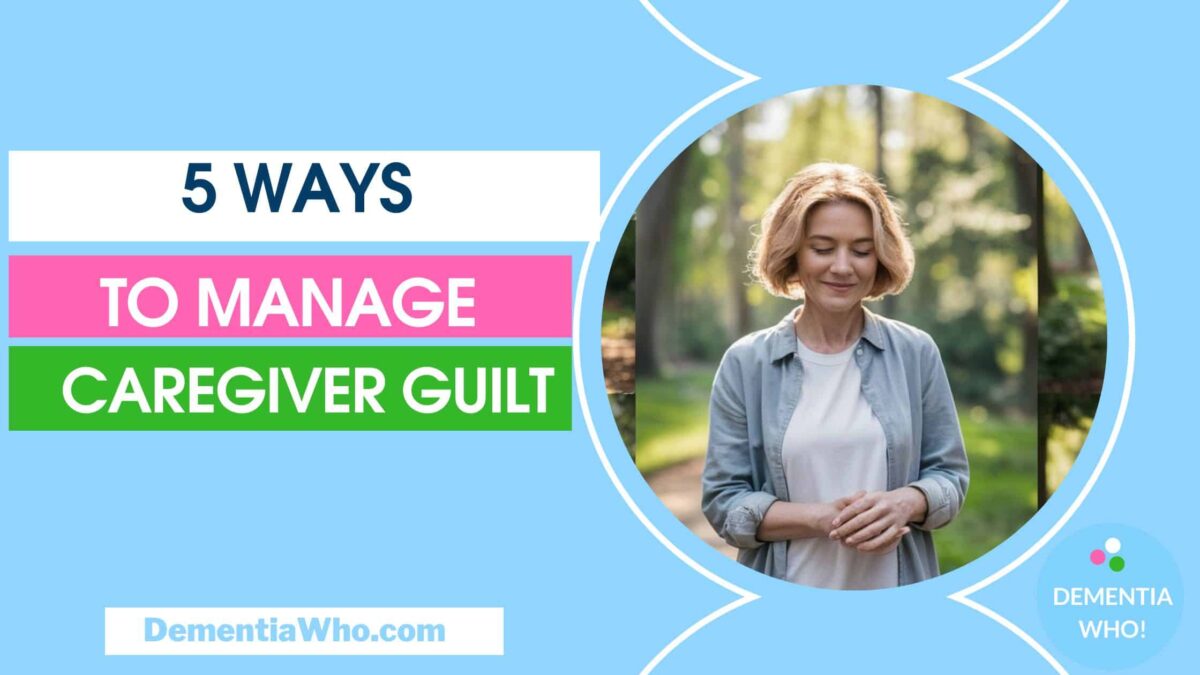
The Emotional Impact of Caregiving
It’s easy to feel guilty as a caregiver, always thinking that you could have done something better or differently. But guilt doesn’t reflect the love or effort you put in. It only shows the impossible standards we set for ourselves. We forget that imperfection is part of the journey, that’s why we can feel a mix of guilt, frustration & confusion as well as joy, love and compassion.
Dementia caregiver guilt is a complex emotion, it encompasses many feelings, but it stems from within ourselves, our own perceptions of what we’re doing or not doing right against what we believe should be done whilst caring for someone with dementia.
It’s normal to feel many different emotions whilst caring, but that can bring guilt. Guilt can be overwhelming especially when you’re feeling frustrated or angry with your loved one. These feelings of guilt can be irrational as well.
For example, many caregivers can feel bad for needing time to themselves, even though it’s crucial for maintaining their well-being. Why do we feel guilty about that? It doesn’t make sense, but we do!
But…… what’s important is working on managing it so that it doesn’t continue to affect your mental or emotional health especially long term. That’s why learning how to deal with it can only help your caregiving role.
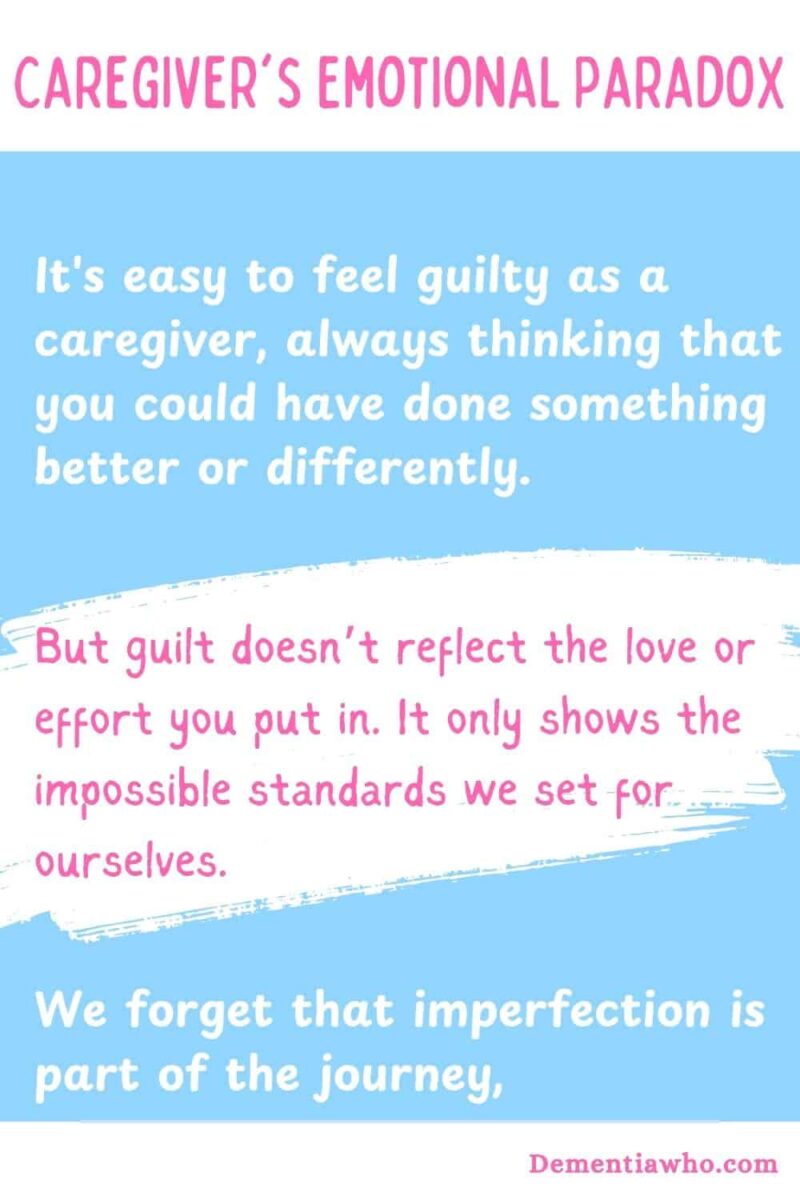
How to Recognize Caregiver Guilt?
Knowing the signs of emotional distress is key to spotting your caregiver guilt. Many caregivers feel frustrated, angry, and guilty at times.
But what makes you feel guilty? Are you constantly criticising yourself, are feeling you’re not doing enough or feeling overwhelmed by the responsibility of caring and judging yourself for that? Are you experiencing any physical effects of feeling guilty, like crying more, not sleeping as you replay thoughts in your head?
It’s ok to feel these things but by understanding these feelings are about guilt, you’re taking the first step in learning how to manage caregiver guilt. So what can you do?
5 Ways of Managing Caregiver Guilt

1. Be Kind to Yourself
Being kind to yourself can lessen your feelings of guilt. Often, feelings of not being good enough come from YOUR OWN high expectations or internal comparisons and the fact is you can’t control everything in caregiving. So accepting your limits and getting help can ease the burden of being everything to your loved one. By being kind to yourself, you accept that you’re doing your best.
Caregivers often spend more hours caring than an average work day, which can be physically & mentally exhausting. Self-compassion helps you see that it’s okay to struggle with that, we’re not superhuman! It shows the huge challenges you face in your role.
Support systems can help you deal with these feelings. Talking to friends, family, and other caregivers who can offer comfort and a new viewpoint. When we’re in the thick of it, it’s hard to see the good in what we do. Having others to vent to, share your feelings and who offer new perspective can be truly helpful to us.
Writing down your thoughts can help you understand what you’re feeling better. Documenting your thoughts in a journal can also help you reflect and gain insight into your feelings. Writing out the positives in a journal can balance out the negative feelings of guilt that you might harbour. I’ve found a daily practice of gratitude is really helpful for managing feelings of guilt.
2. Seek Support from Others
When you’re caring for someone with dementia talking to others who get what you’re going through can make a big difference. I’m talking about going outside your circle of family & friends.
Family and friends might not get how hard caregiving is, how it can make us feel alone or how that drags on our emotional well-being. So that’s where joining support groups, online or in person, can really help you and let you share your feelings and stories with people who have also cared for a loved one and help you feel less alone.
Studies show again and again the huge amount of emotional stress that caregiving brings to a person’s life, that’s why support is crucial in managing caregiver guilt.
Here are some ways to build out your support circle, I know it’s hard but it well worth doing!
- Join local or online groups for dementia caregivers.
- Get advice from professionals like social workers or therapists.
- Go to community events to meet others facing similar issues.
3. Acknowledge Your Feelings
Remember, you’re not alone in this journey. Sharing your struggles can make things easier and remind you that help is out there. Talking to others can help you deal with some of the tough feelings that come with caregiving, & hopefully make it easier to handle.
Acknowledging your feelings as a caregiver is an important step in managing caregiver guilt. You might feel guilty because you’re resentful, sad, or not feel worthy. You might feel guilty for even having these feeling and that can make you feel depressed. Guilt just makes the situation worse, and understanding & acknowledging that these tough feelings come with caregiving is a step towards dealing with it.
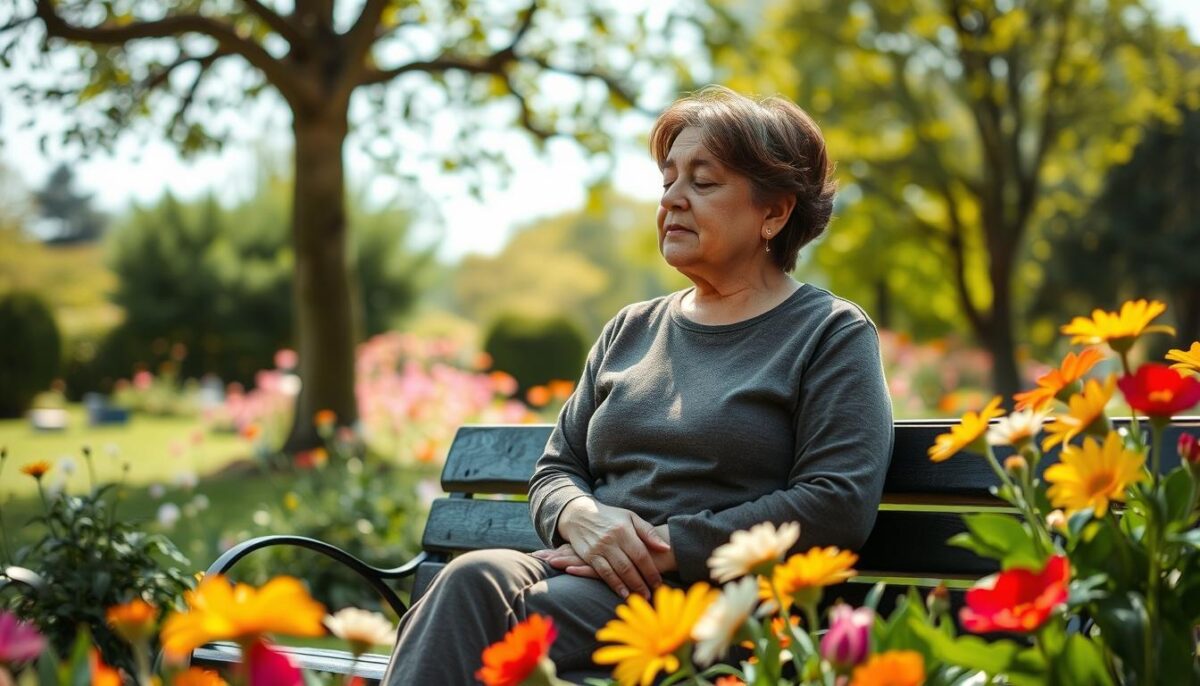
Try to work out where these feelings are originating from. Do you feel guilty for the way you’ve behaved in the past, or is something causing a build up of resentment? Whatever it is, workout it out and then work on trying to manage to remove or reduce the cause. Facing the cause and the associated emotions can help you understand them and their effect on your well being.
Then focus on the present and the good you do. Look at how life would be without your help, it’s bad enough that society doesn’t see our value, we don’t need to pile on more pressure on ourselves through unnecessary guilt. Instead, seeing the positive changes in your loved one’s life because of what you do can help you cope with guilt.
Treat yourself with compassion, you deserve that & it’ll help make you feel more emotionally balanced. It’s about taking care of your mental health.
4. Set Realistic Expectations
Setting realistic expectations in caregiving can be tough, I know, we’re too busy living it to think about it. But taking the time to set yourself realistic expectations, talking to yourself about looking at things in a positive light will improve your mental health. Think about it, reframing things against realistic expectations, gives you a chance to breathe and to take stock and move away from the guilt and the negative mindset it brings.
Caregivers often set high standards for themselves, leading to feelings of not being good enough. It’s important to see what you can really do and adjust your goals to your reality, not compare yourself to someone else or societal expectations.
Remember, being perfect is not real. Making mistakes is part of life, part of caregiving!
Think about what you’ve achieved in caregiving. Make time for self-reflection. Acknowledging your efforts can give you a new view and help with guilt. Realistic goals can only improve your caregiving journey.
5. Prioritize Self-Care
Looking after yourself is crucial when you’re caring for someone with dementia, but it’s the easiest thing to slip in our daily agenda. It’s easy to forget about your own health and well-being. But remember, taking care of yourself is vital for your own health, and it’s not being selfish. Doing things that make you feel good can help you care for others better.
People with dementia rely a lot on family members for care. This can be emotionally and physically tough on you. As the condition gets worse, the strain can lead to health problems. So, making self-care a priority is crucial to avoid burnout.
Self-care can mean many things, like exercising, doing hobbies, or going out with friends. For example, yoga and mindfulness can help you relax and reduce stress. Taking time for yourself is not selfish, it’s vitally important to restore your energy reserves, and help you feel better emotionally and physically.
Many caregivers don’t do enough for themselves. Setting self-care goals can help you find a better balance in life. Building a support network is also key for your health and feeling part of a community. You have nothing to feel guilty about when taking time for yourself.
You should be rewarded for it because you’ll come back with a new perspective, or more energy, or less stress, or just less tired, that’s for the benefit of the person you care for, so don’t feel guilty about that!
When to Seek Professional Help?
Sometimes, nothing helps and the guilt and associated emotions manifest into your life causing you anxiety, depression and more stress than you can deal with. When you feel overwhelmed by it, then it’s time to seek support.
Signs like agitation, poor sleep, and eating habits, feeling helpless, and others noticing changes in you could mean your mental health is suffering.
Being a caregiver can lead to “burnout“, a type of depression from not dealing with emotional issues. This can cause serious health problems. Getting professional help can lead to more strategies and support to improve your mental health. Counselling is a great way to deal with these feelings, as family and friends might not fully understand.
Support from a loved one is great, but don’t hesitate to ask for more help when needed.
Embracing Your Role as a Caregiver
The reality is being a dementia caregiver is so different because there are so many different types of dementia, and each one progresses at a different pace, making it harder to generalise. Many caregivers feel guilty about how difficult it can be caring for someone with dementia, which is normal. Knowing that can make you feel less alone.
These 5 steps can hopefully help you and lessen the emotional load of feeling guilty and I hope let you see the value in what you do. Try not to feel guilty, remember that if you weren’t here the government or care agencies would have to step in and manage.
You know what’s best for your loved one, let go of that guilt, I know that’s easier said than done. The one thing we’ve learn’t is that you have to work at each step of being a caregiver. It isn’t easy, hopefully this article has shown ways to deal with some of these feelings of guilt.
Let me know in the comments if you found this article on managing caregiver guilt helpful, and also share what you’re feeling guilty about, maybe this community can help!

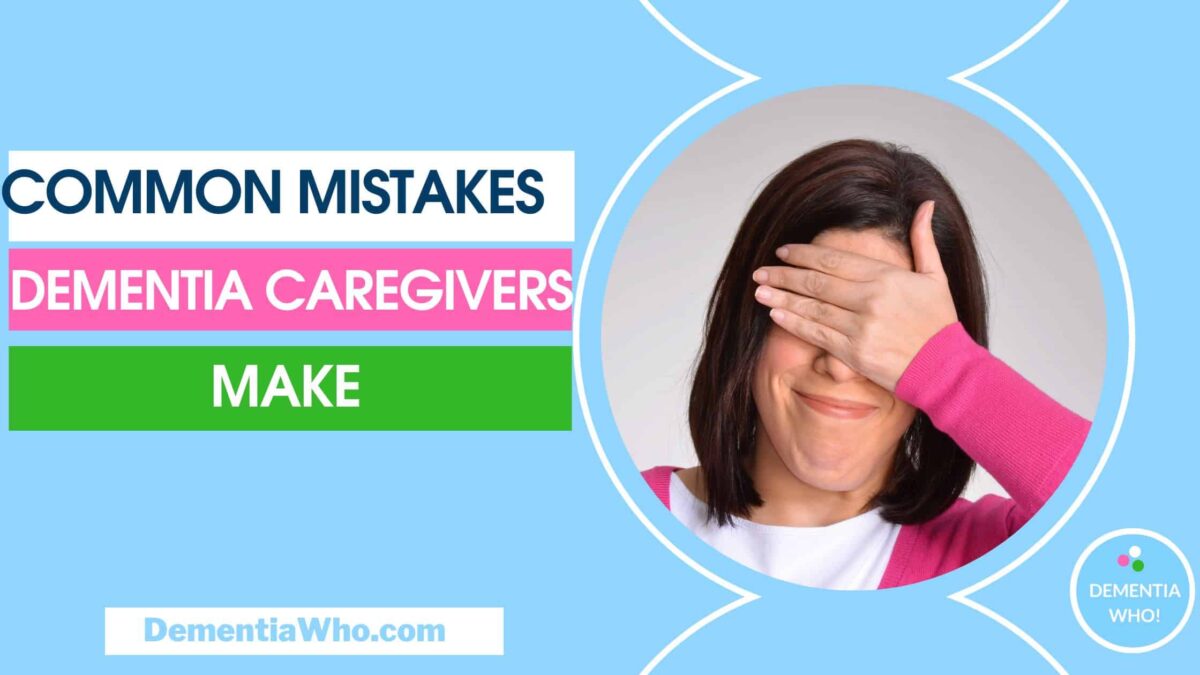
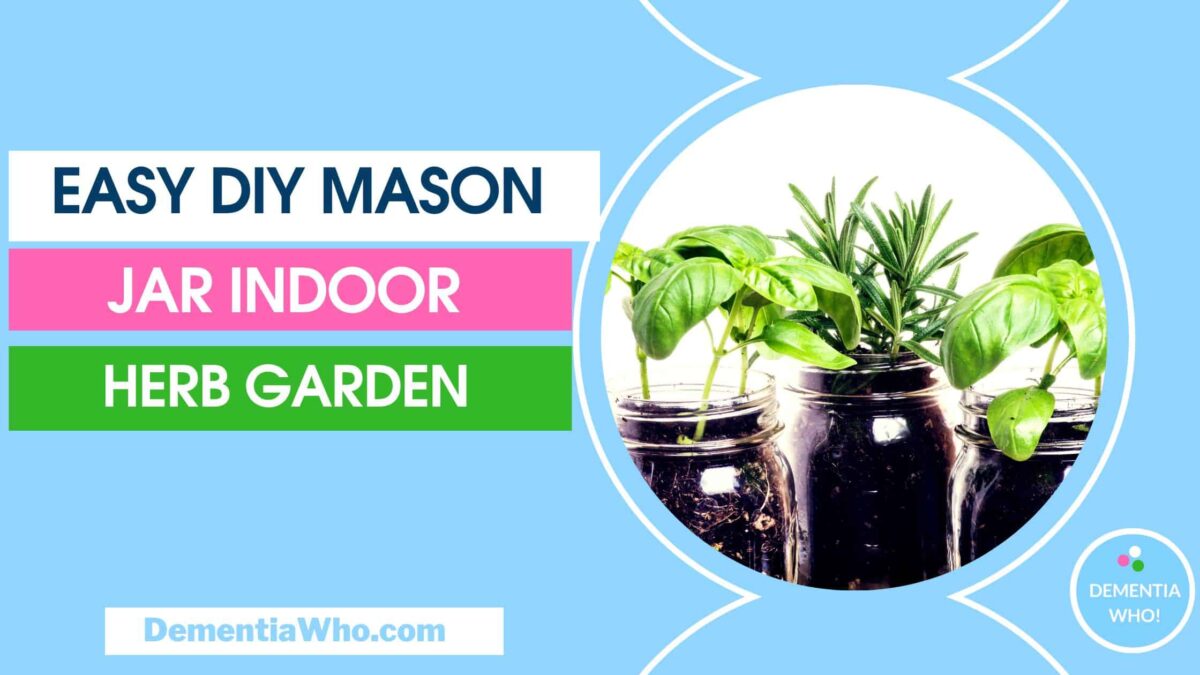
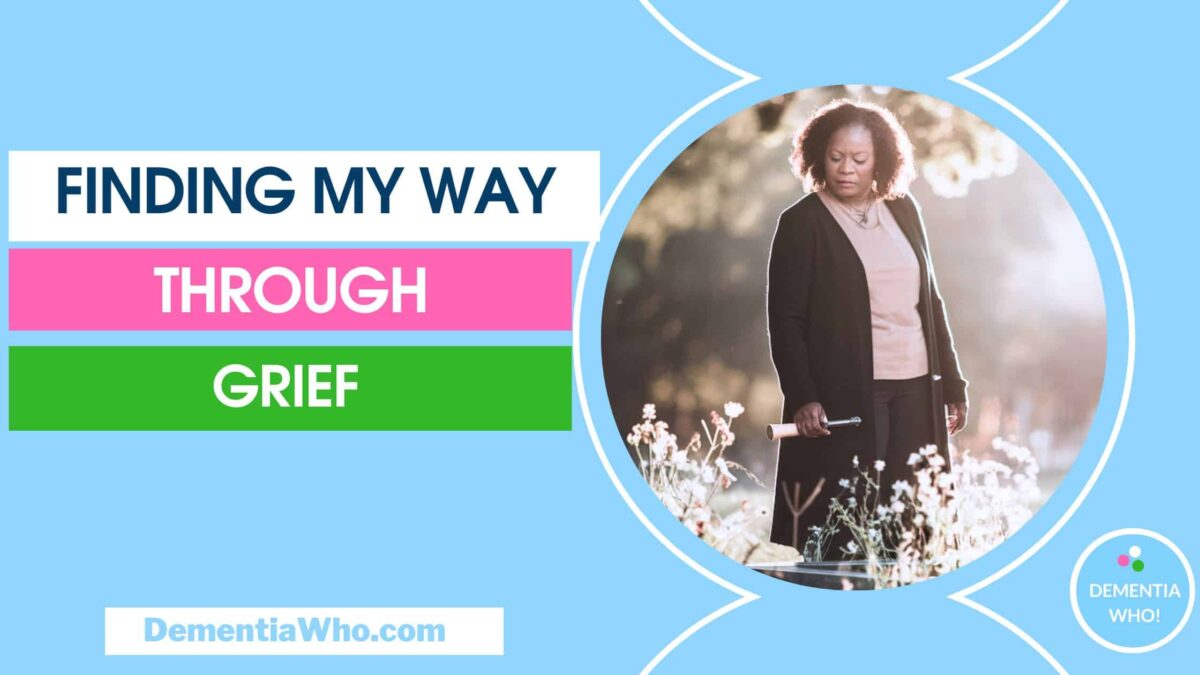
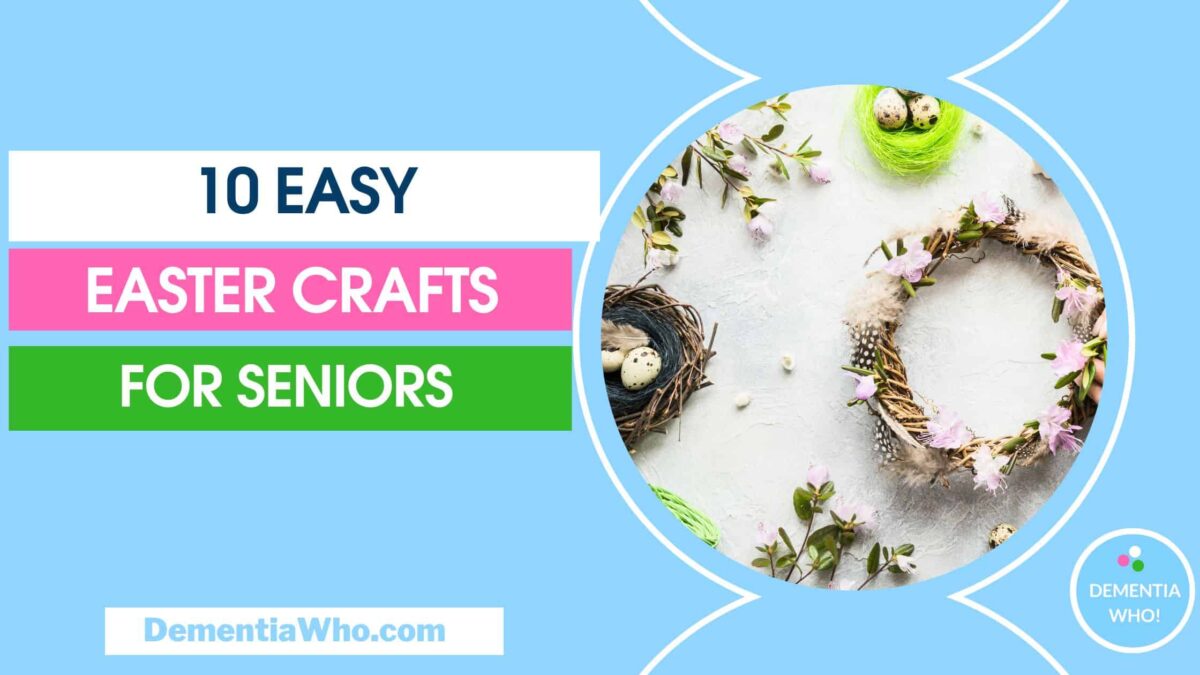

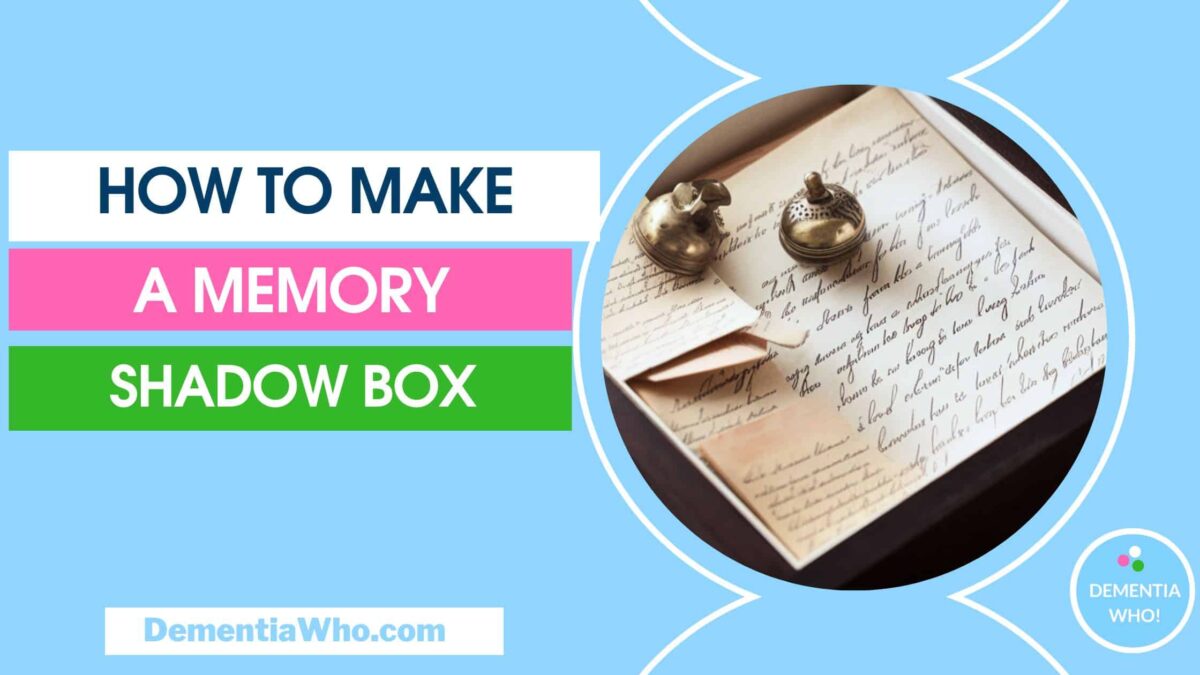
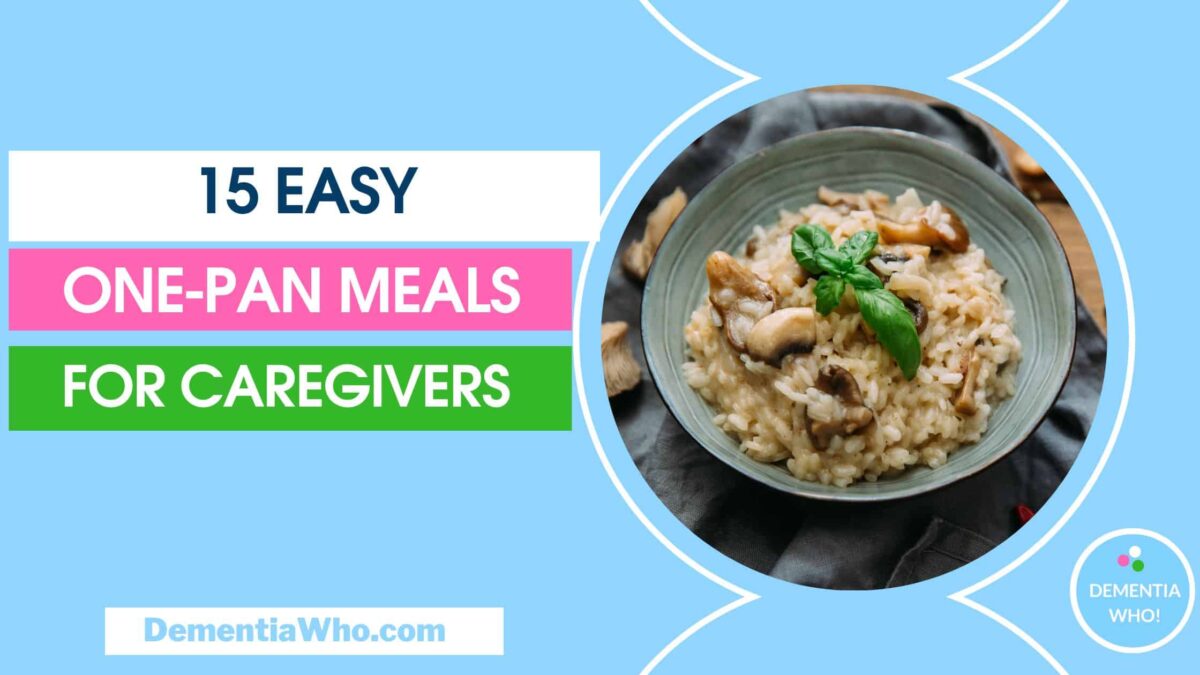

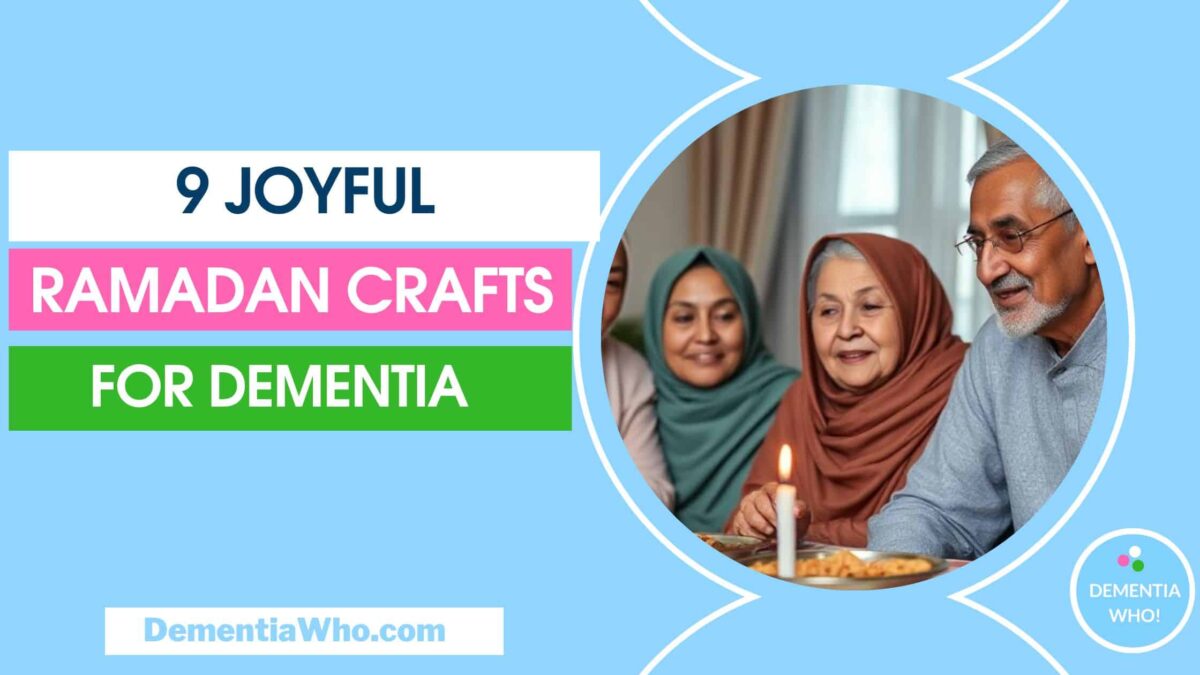
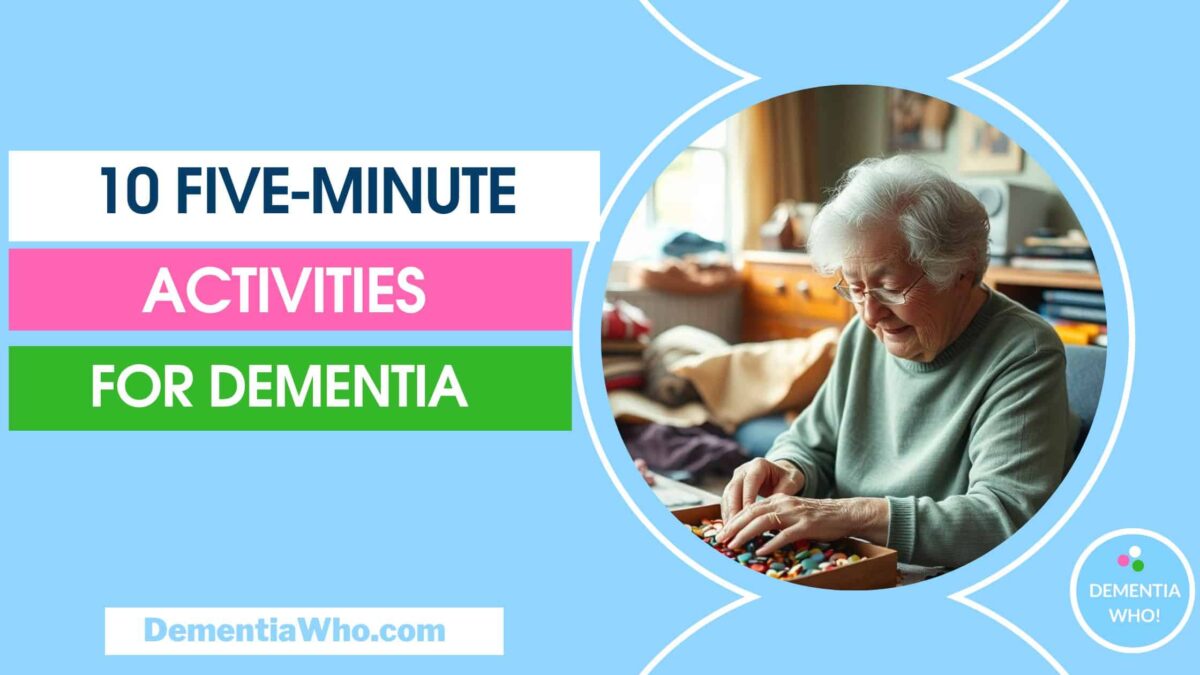
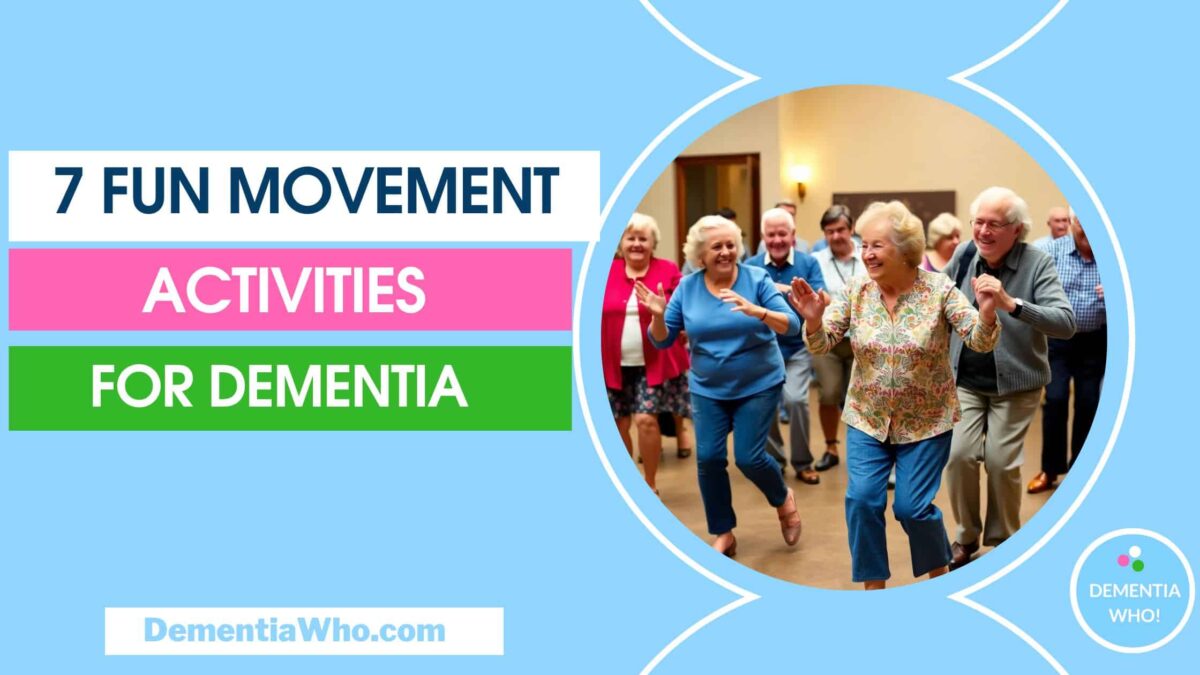

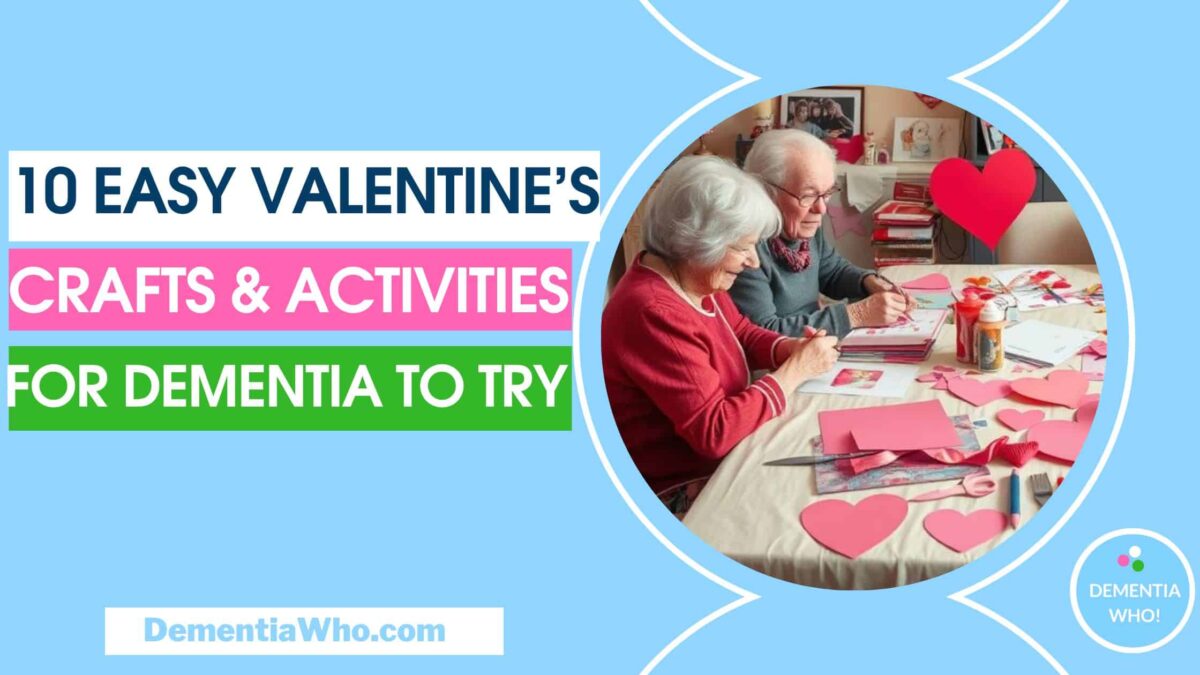

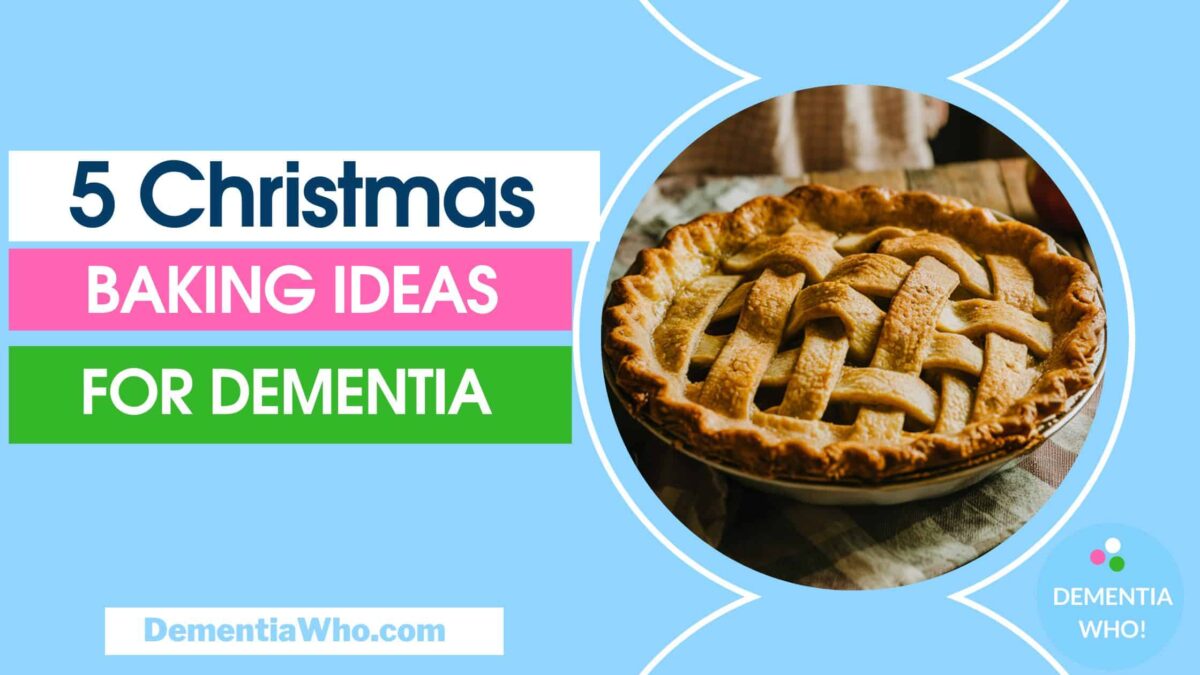
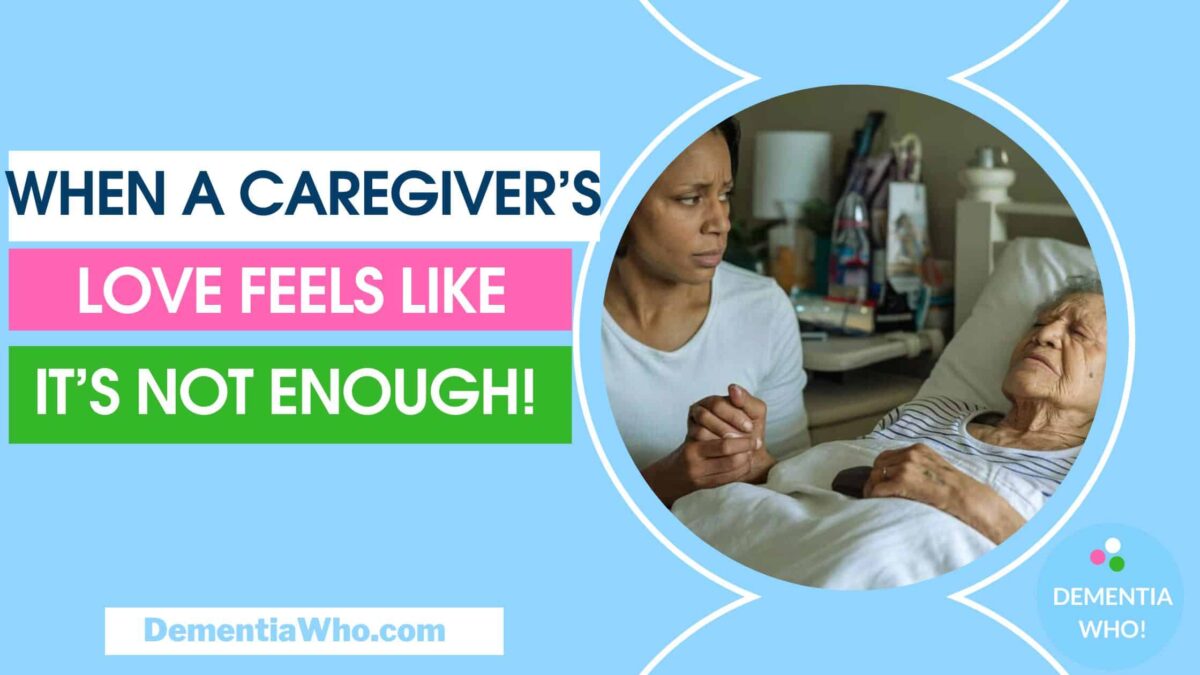
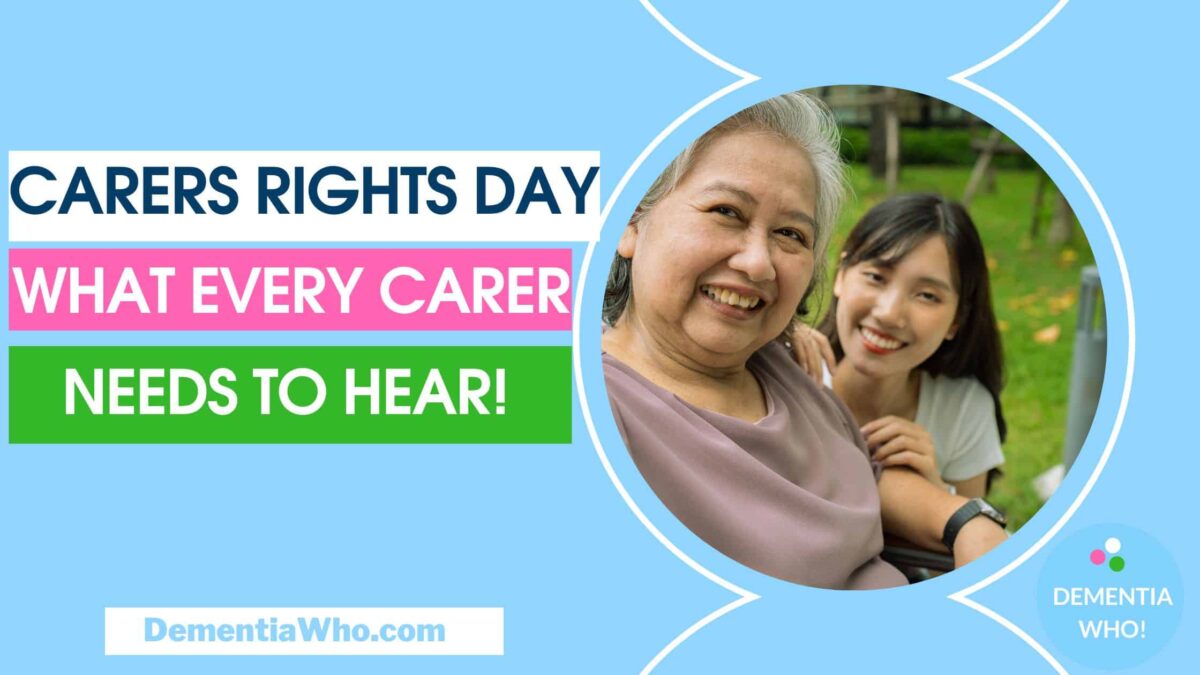
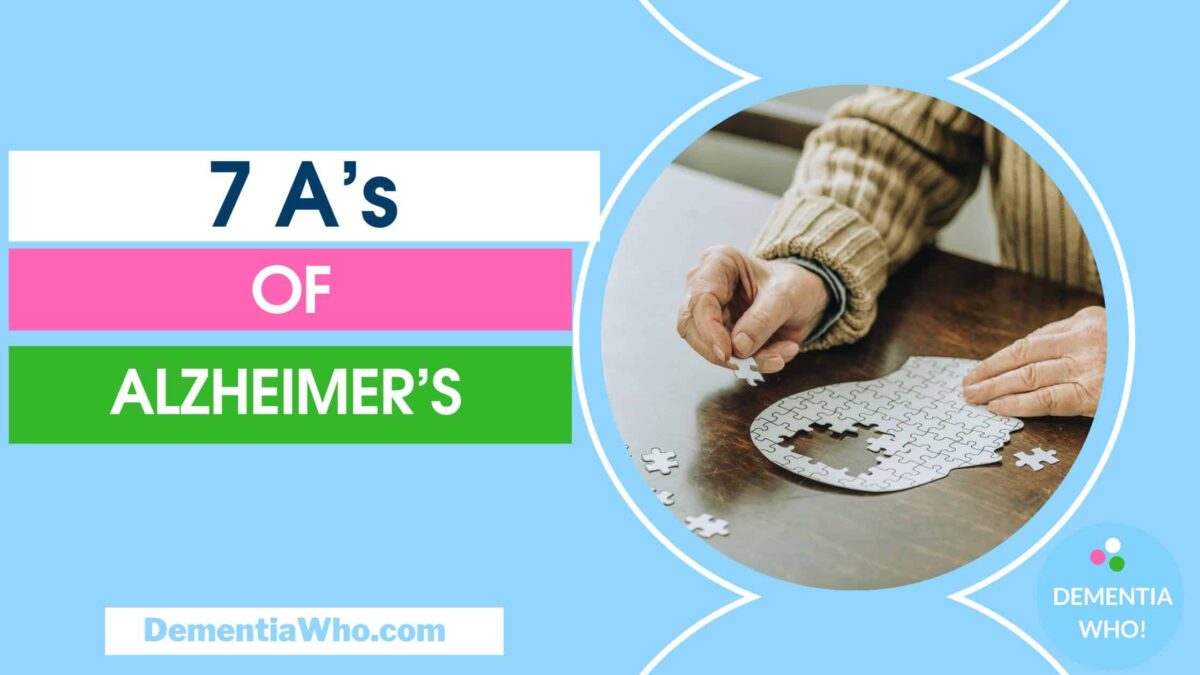


Thank you so much for this post it felt like u werw just talking to me. Am my mothers primary caregiver and i live with her often timea i v indeed been feeling frustrated that m not doing enough or am i missing something in my administration of care to her . Worse off v no much help in managin the situation and my life is literally hold .My mum has always been a narcist even befoee the dementia and u can only imagine what m facin right now .Am overwhelmed v felt like givin up but who do i give the responsibility to ? No one !!! V no time fo my self cant remebrr last time i truly slept
Thank you, I’m so glad that I wrote this now. Thank you for sharing your story. I know how debilitating guilt can be, when you doubt yourself and especially when you have no help. I’m sorry that you’re also finding it difficult at the moment and you’re feeling overwhelmed. I’m not sure where you’re located but I think talking to someone might help. Here in the UK we have an Admiral Nurse Helpline that I’ve used several times, or vented on social media. Or the Alzheimer’s Association helpline in USA. I hope things improve, and you manage to get some sleep, is there anyone who help with respite. I hope you find the help you need.